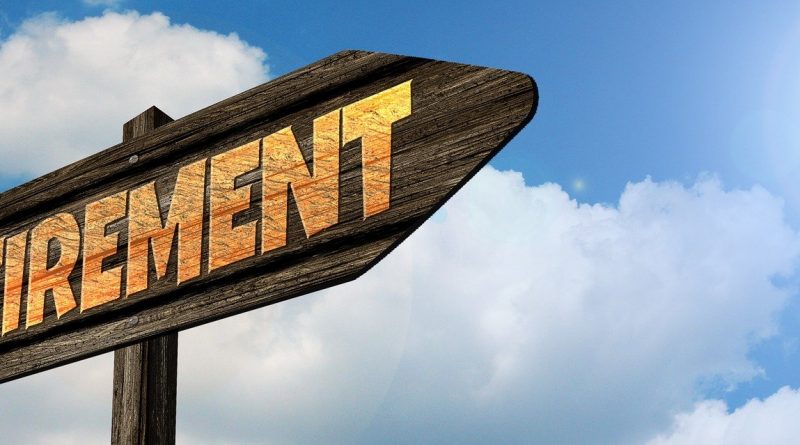Saving For Your Future with a Pension
I hate to be the one to lower the tone, but one day, you’re gonna grow old. Sorry, but it’s a fact of life; just like needing to scratch your face when you have wet hands, or yawning when you notice someone else yawn.
Getting old doesn’t have to be something to dread. And if you plan and prep yourself correctly, it could be a very lucrative time for you indeed! After all, none of us plan on dying any time soon, no matter our age!
Pensions come in all shapes and sizes, and there will be a fit for almost everyone. Employed, self-employed or unemployed; chances are there will be a way to get the most for your future, with a little forwards planning.
Most pensions are also eligible for tax relief. In a nutshell, this means that a small portion of the money you would have paid to the government in tax will go into your pension pot.
Pensions work mainly by being invested. There are pros and cons to this method. Firstly, the rate on typical saving accounts are through the floor, so typically you’d get a better return on your investment that you would with a lump of money in a savings account. However, this does also create the risk of losing money. Some pensions you can pick high, medium and low risk investments – the higher risks come with higher rewards, and vice versa with the lower risks.
State Pensions
State pensions are provided by the government when you get to a certain age. This is based on you if you have made enough contributions throughout your working life. Although a regular income, the amount is relatively small, and although it may be enough to survive on, it certainly won’t be enough to live a lavish lifestyle.
The current amount you would receive for a full state pension is £175.20, which works out at around £9,100 a year.
Workplace Pensions
Private pensions help to boost your finances when the time does finally come for you to retire. As of the 1st February 2018, it made compulsory for employers to automatically enrol their eligible employees into a pension scheme. This means that it is not only you paying into the pot, but your employer too, which ultimately means more money.
Anybody who earns over £10,000, is over 22 but under retirement age is eligible.
Personal Pensions
Personal pensions are just that – personal pots that you arrange, and pay into, yourself. This may be to top up your state pension, so you have more of an income when you finally do get to retire, or perhaps you are self employed, and therefore not eligible for a workplace pension.
Getting Your Money
Depending on your pension, you may find that when it comes to cashing in, you can get a portion of your money early. You may also be able to get a lump sum, as well as your monthly payments. Also your pension may be payable to any beneficiaries, in the event of your death.



